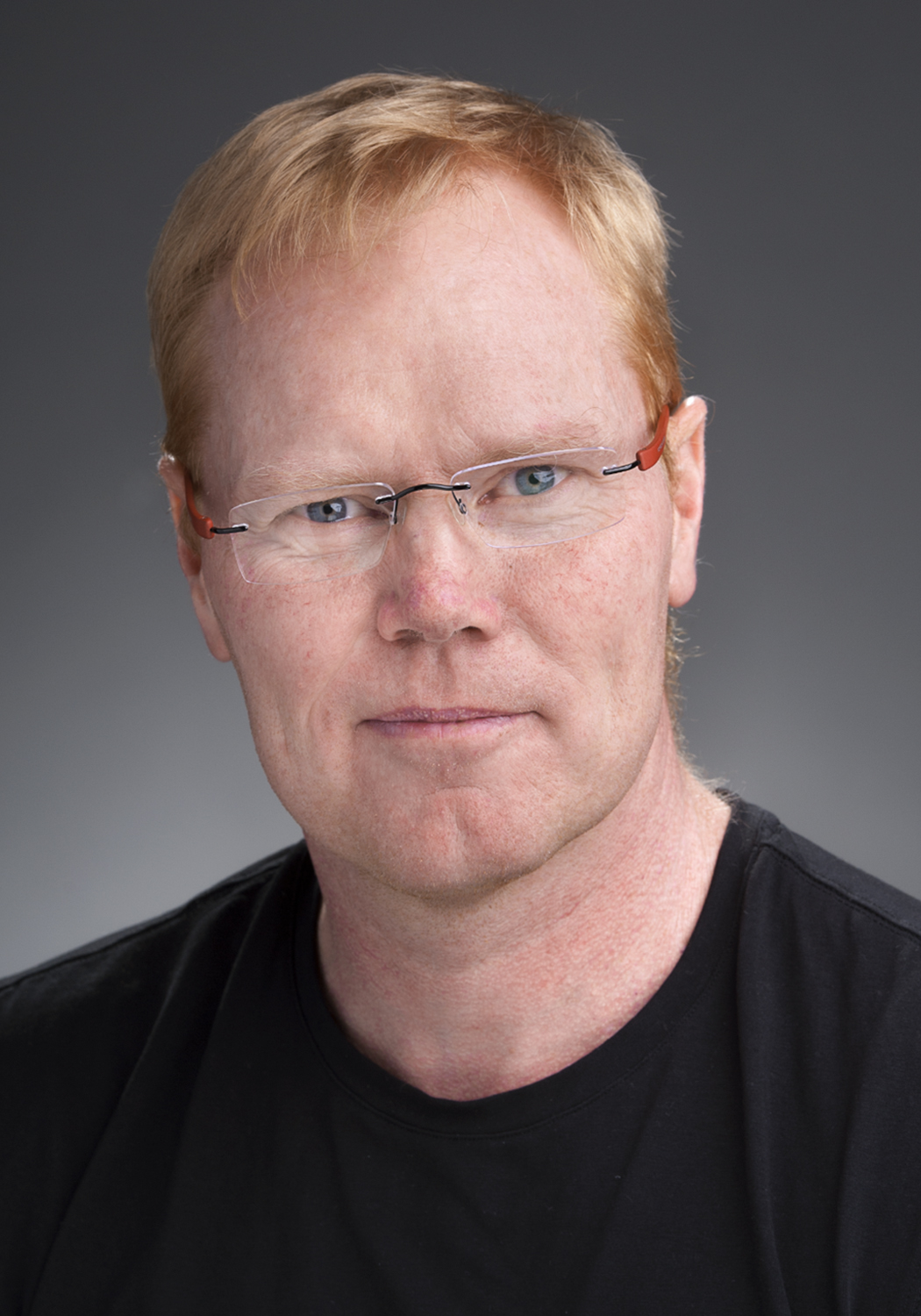



Simon Fraser University, Canada

Building Thinking Classrooms
We know that problem solving is an effective way for students to learn to think mathematically and to acquire deep knowledge and understanding of the mathematics they are learning. Simply problematizing the mathematics curriculum, however, does not help constitute the practice that teachers want or students need. Equally, infusion of problem-based learning into the mathematics curriculum does not help with the transformations we want to see in our classrooms. What we need are a set of tools that, along with good problems, can build thinking classrooms. In this workshop, Dr. Peter Liljedahl looks at a series of such tools, emerging from research, that can help to build an environment conducive to problem-based learning. He will unpack his research that has demonstrated that a problem-based learning environment and culture can quickly be established, even in classrooms where students resist change.
Dr. Peter Liljedahl is an Associate Professor of Mathematics Education in the Faculty of Education and an associate member in the Department of Mathematics at Simon Fraser University in Vancouver, Canada. He is the coordinator of the MSc and PhD Program in Mathematics Education and is a co-director of the David Wheeler Institute for Research in Mathematics Education at Simon Fraser University.
More globally, Dr. Liljedahl is the former vice-president of the Canadian Mathematics Education Study Group and the current president of the International Group for the Psychology of Mathematics Education. Dr. Liljedahl serves on the editorial boards of ESM, JMTE, MTL, FMEJ, MERJ, and CJSMTE and is a senior editor of IJSME. He has authored or co-authored 7 books, 17 book chapters, 26 journal articles, and over 50 conference papers. Dr. Liljedahl is also a member of the executive of the British Columbia Mathematics Teachers Association (BCAMT) and co-editor of their flagship journal, Vector.
Dr. Liljedahl is a former high school mathematics teacher who has kept his research interest and activities close to the classroom. His research interests are creativity, insight, and discovery in mathematics teaching and learning; the role of the affective domain in the teaching and learning of mathematics; the professional growth of mathematics teachers; mathematical problem solving; numeracy; and engaging student thinking. He consults regularly with schools, school districts, and ministries of education on issues of teaching and learning, assessment, and numeracy.